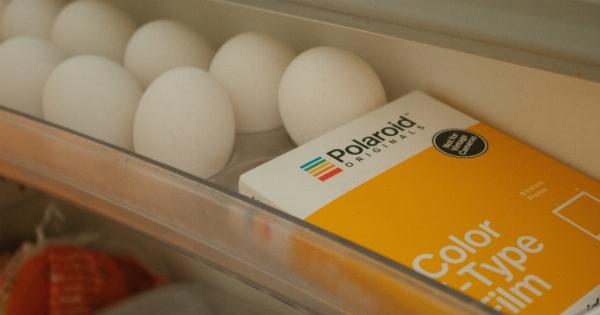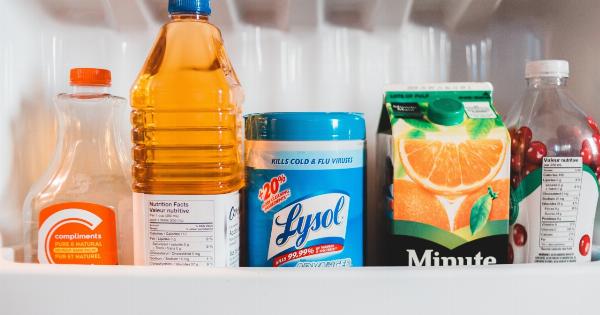Teaching children about the importance of reducing food waste is not only beneficial for the planet but also helps develop their sense of responsibility and empathy.
By instilling sustainable practices at an early age, parents can empower their kids to become conscious consumers and make a positive impact on the environment. This article will provide insights into why it’s crucial to teach children about reducing food waste and offer practical tips on how to do so.
Why Teach Kids About Reducing Food Waste?
The issue of food waste has reached alarming levels globally, with around one-third of all food produced for human consumption being wasted.
This wastage not only squanders valuable resources like water, land, and energy but also contributes to the emission of harmful greenhouse gases that accelerate climate change. By teaching children to reduce food waste, we can combat these issues and foster a more sustainable future.
Moreover, raising awareness about food waste helps kids develop empathy towards those less fortunate. When they realize that wasting food means denying someone else a meal, they become more considerate and appreciative of what they have.
1. Lead By Example
Kids are prone to mimic their parents’ behaviors, so leading by example is one of the most effective ways to teach them about reducing food waste.
Ensure that you are conscious of your own food consumption habits and make efforts to minimize waste. Show them how you store food properly, use leftovers creatively, and plan meals to avoid excess purchasing.
2. Educate on the Lifecycle of Food
Teach your kids about the journey of food from farm to plate. Explain the resources involved in food production, such as water, energy, and labor. Help them understand that each wasted item contributes to resource depletion and environmental degradation.
Encourage them to think about the effort that went into producing the food they eat and the impact of wasting it.
3. Involve Them in Grocery Shopping
Take your children with you when you go grocery shopping. Explain how to choose fresh produce, read labels for expiry dates, and avoid purchasing more than necessary.
Encourage them to pick fruits and vegetables that may have slight imperfections but are still perfectly good to eat. This activity will help them appreciate the value of food and make mindful choices.
4. Meal Planning and Preparation
By involving kids in meal planning and preparation, you can teach them the importance of utilizing ingredients efficiently. Encourage them to suggest recipes that incorporate leftovers or unused ingredients from previous meals.
Engage them in organizing the fridge and pantry to prevent items from getting forgotten and ultimately wasted.
5. Portion Control
Teach your children about portion control to avoid overeating and food leftovers. Explain that taking only what they can finish allows others to have enough and avoids wasting food.
Encourage them to take second helpings if needed instead of piling up plates that might not get finished.
6. Save and Use Leftovers
Show your kids how to save and use leftovers creatively. Reinvent meals using leftover vegetables, meats, or grains. Transform them into soups, stews, or salads. This not only reduces waste but also encourages culinary creativity.
Involve them in the process to make it an enjoyable family activity.
7. Composting
Teach your children the art of composting. Explain how food scraps can be used to create nutrient-rich soil for plants instead of ending up in landfills. Engage them in composting activities and show them the benefits of recycling organic waste.
If possible, start a small compost bin or worm farm together to witness the transformation firsthand.
8. Donate to Food Banks
Encourage your kids to donate excess non-perishable food items to local food banks or organizations that support those in need. Explain the importance of sharing resources and combating food insecurity within your community.
Involve them in the process of collecting and delivering donations, fostering a sense of empathy and social responsibility.
9. Create a Garden
Consider creating a small garden with your kids, whether in your backyard or using planters. Engage them in growing herbs, vegetables, or fruits. This hands-on experience helps children understand the effort and resources required to produce food.
They will gain an appreciation for fresh produce and become more connected to nature.
10. Teach the Difference Between “Best Before” and “Expired”
Explain to your kids the concept of “best before” dates on food packaging, emphasizing that it refers to quality rather than safety.
Teach them how to use their senses to determine if food is still good to eat, such as checking for unusual smells or inspecting visual appearance. This knowledge will prevent them from unnecessarily discarding perfectly edible food.
Conclusion
Teaching children about reducing food waste is a vital step towards building a sustainable future. By instilling these habits from an early age, parents can empower their kids to make responsible choices that benefit both the planet and society.
By leading by example, educating about the lifecycle of food, and involving kids in various activities, we can raise a generation that appreciates the value of food and actively contributes to reducing waste.





























